Table of Contents
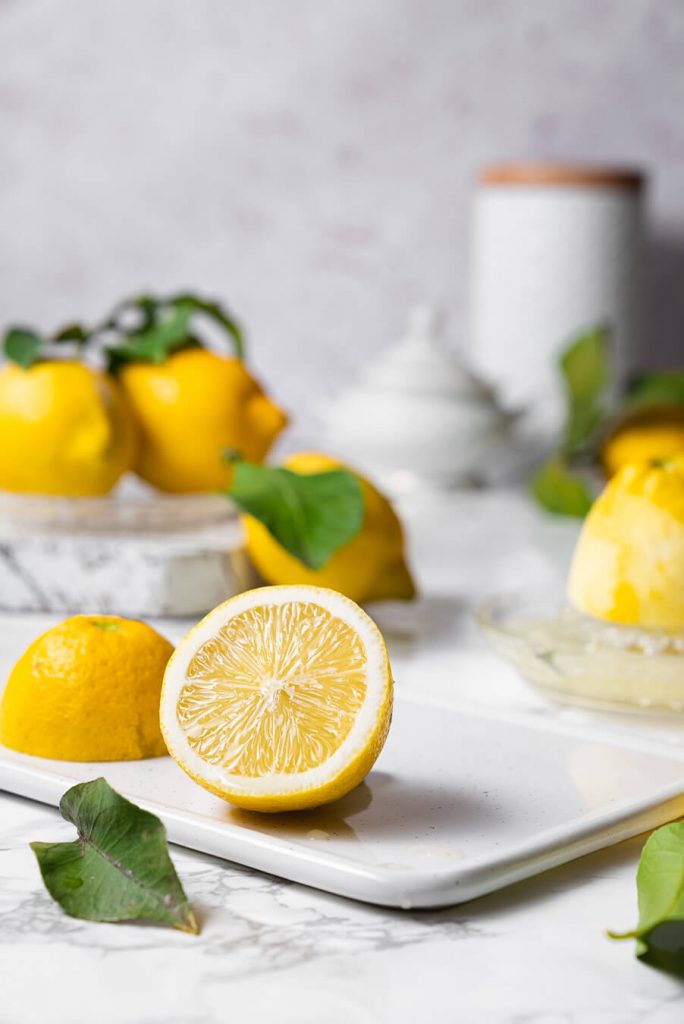
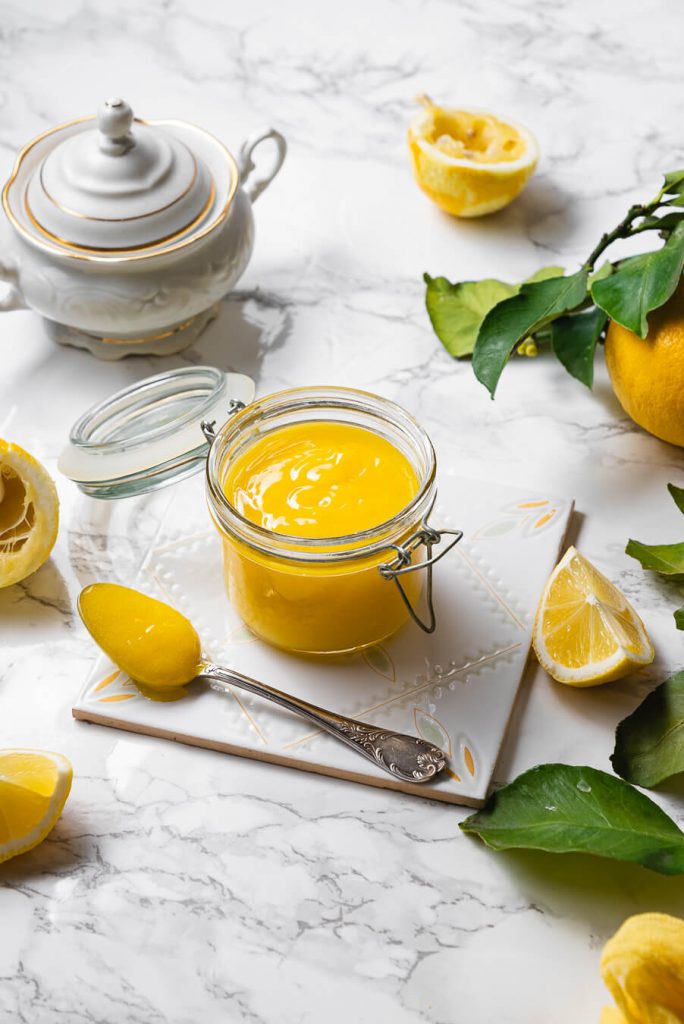
I think there isn’t one dessert person in this world who hasn’t heard of lemon curd.
If anyone among you reads my blog posts who does not know what I’m talking about, now is the time to learn something new. Before, I avoided making lemon curd because I was convinced that I’ll probably screw up some steps in the preparation and destroy a few good organic lemons.
And although in the preparation of any kind of fruit curd you should pay attention to some important details, it really isn’t THAT big deal. It will take some of your time but in return, you’ll be rewarded with silky, zingy fruit curd with exquisite taste.
Warning: once you try making this perfect lemon curd, you’ll want to make it over and over again.
What is Lemon Curd Exactly
It can actually be described as some kind of mixed custard originally from England, consisting of eggs, butter, granulated sugar, and citrus juice. It’s usually cooked over a bain-marie.
I’ve prepared lemon curd a few times by now, following different recipes, but the one that I’ll present to you here on my blog results with really perfect consistency and balance of sweetness and zinginess. Curd can also be made from oranges, limes, grapefruits, and essentially any citrus, and can also be made from some other fruit, such as mango or raspberries.
Tips For Making the Perfect Lemon Curd
- Be sure to use only organic lemons that haven’t been treated with chemicals. If you can’t get these, use only lemon juice, not lemon zest. You will get a little less intense lemon taste, but your lemon curd will still be very delicious.
- Try to find fresh, good-quality local eggs.
- When grating lemon zest, don’t grate the white part of the lemon skin, otherwise the curd may turn out bitter.
- Don’t let your water in the bain-marie boil; it should just slightly simmer. Keep stirring constantly, otherwise, the egg whites might coagulate and you will have lumps in your curd.
- If the lumps show up, don’t worry, you can still save the day. Just strain the curd through the sieve.
- If you want to make orange curd, reduce the amount of sugar because oranges are sweeter than lemons. If you have large oranges, for ratios in this recipe zest and juice of one orange should be enough. Add some vanilla extract, and you will get a wonderful orange curd!
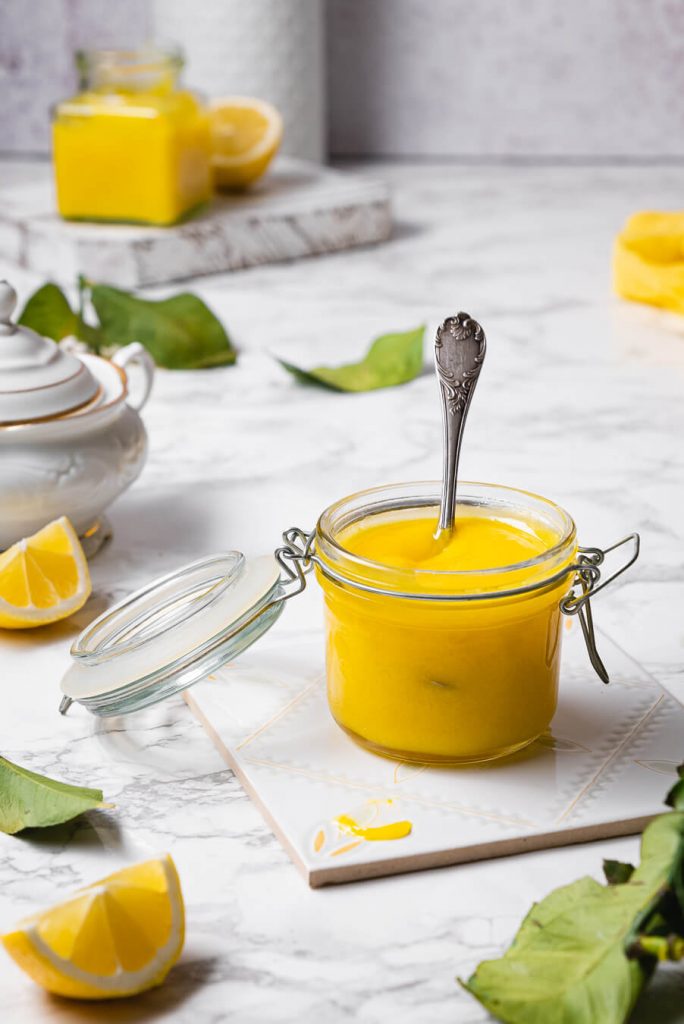
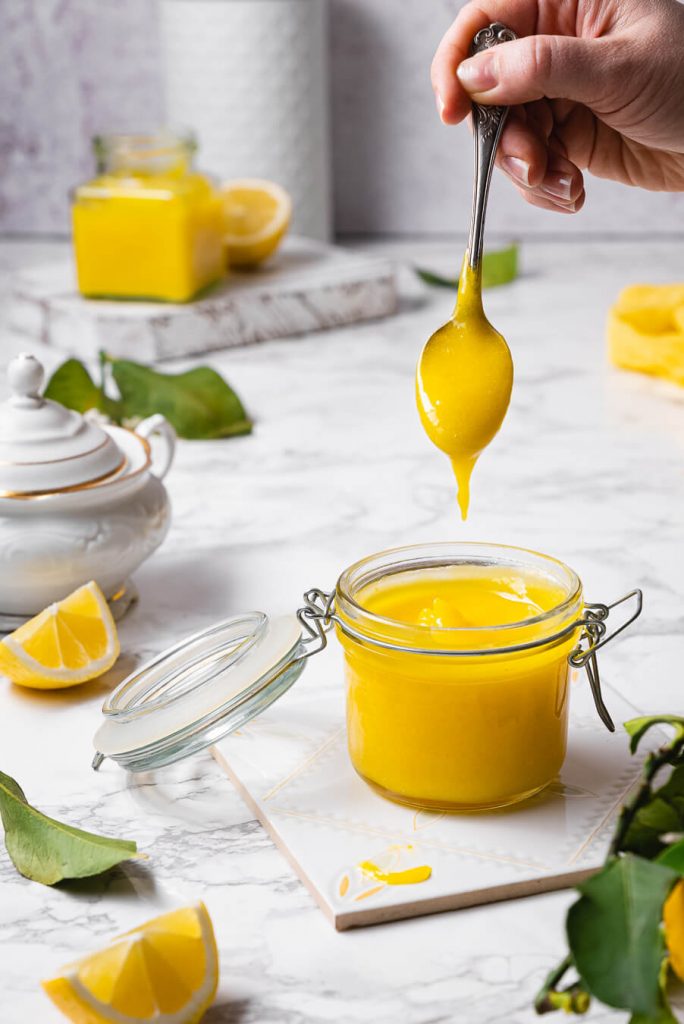
How to Use Lemon Curd
Lemon curd really can be used in many, many creative ways. Here are my favorite 10 recipe ideas for using lemon curd in other recipes:
- Lemon and meringue tart
- Muffins with lemon curd filling
- Desserts in a glass
- Filling for crepes
- Spread for whole wheat pancakes or kefir pancakes
- Macarons
- Lemon curd sandwich cookies
- Filling for meringue roulade
- Spread for banana bread
- Filling for donuts, buhtle or croissants
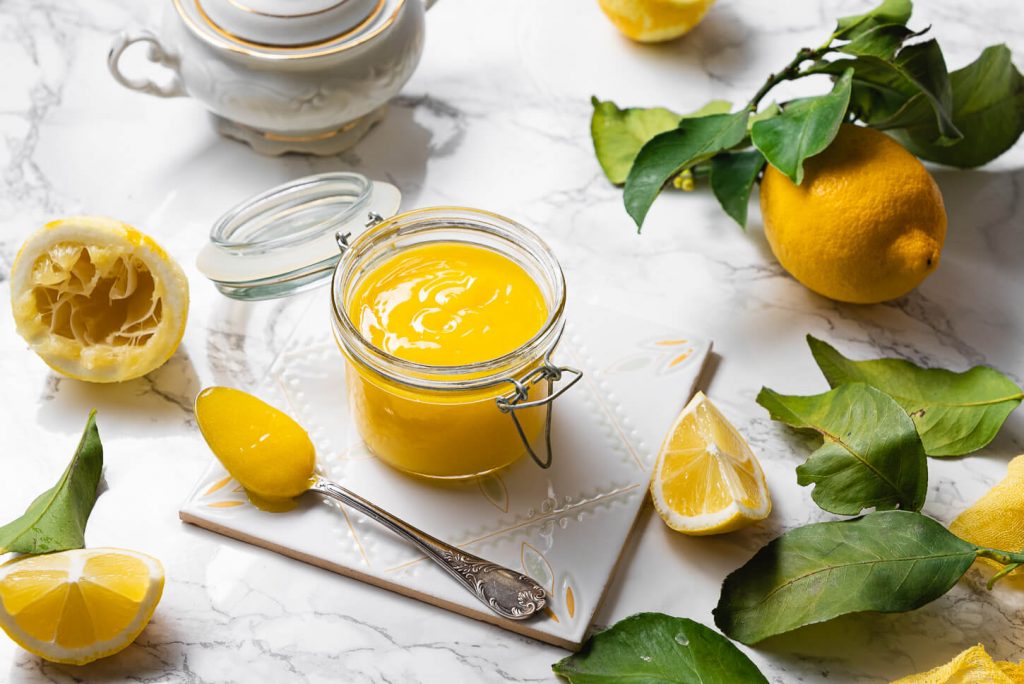
Note: This article originally has been first published on March 11th, 2018. Since then, it has been tested a few times: the ratio of the ingredients stayed the same with a few extra tips and tricks for making this lemon curd. Also, I’ve added new images.
If you try this recipe, don’t forget to tag @foodandmoodblog on Instagram or send me your photos of this recipe. They always make me sooo happy! If you prefer learning through video recipes, be sure to subscribe to my YouTube channel.
Cook and bake with love,

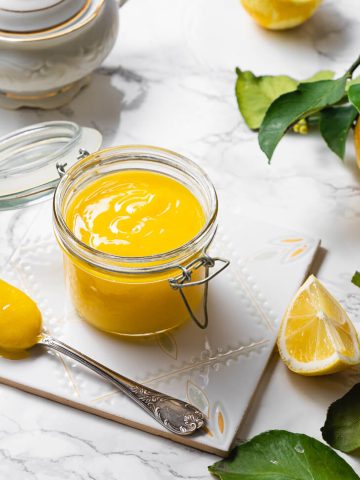
Simply Perfect Lemon Curd
Ingredients
- 170 g granulated sugar
- 2 organic lemons about 120 ml of juice and freshly grated zest
- 100 g butter room temperature, cubed
- 3 eggs M size
- pinch of salt
Instructions
- Wash and pat dry lemons with a clean kitchen towel. Grate the zest and squeeze out the juice. In the meantime, prepare a pot in which you'll put water to a boil.
- Crack the eggs into a bowl and mix them with an electric mixer for a minute, just to make sure that you won't be left with any egg white strains.
- Put the lemon zest, lemon juice, and sugar into a heatproof glass bowl, stir it, and let it sit over a pot with slightly simmering water (bain-marie). Slowly start stirring. When sugar dissolves, add eggs and keep stirring constantly.
- When the eggs have been incorporated well with melted sugar and juice, add the cubed butter stirring constantly. Make sure that the water is slightly simmering, not boiling. The curd is done after it becomes thick enough to cover the back of the spoon. Remove the lemon curd from the heat and set it aside.
- If you use the curd the same day, put the plastic wrap on the bowl in which you've put the curd because you want to avoid creating a crust on the surface. If you won't use it immediately, pour a still-hot lemon curd into sterilized jars, close them, and let them cool. When cooled, place the jars in a refrigerator where you can keep them unopened for a maximum of 3 weeks. When opened, eat it within 7 days.
Nutrition
Nutritional information provided is an estimate based on ingredients data and should be used for informational purposes only. Actual nutritional content may vary based on factors such as portion size, preparation methods and ingredients used.
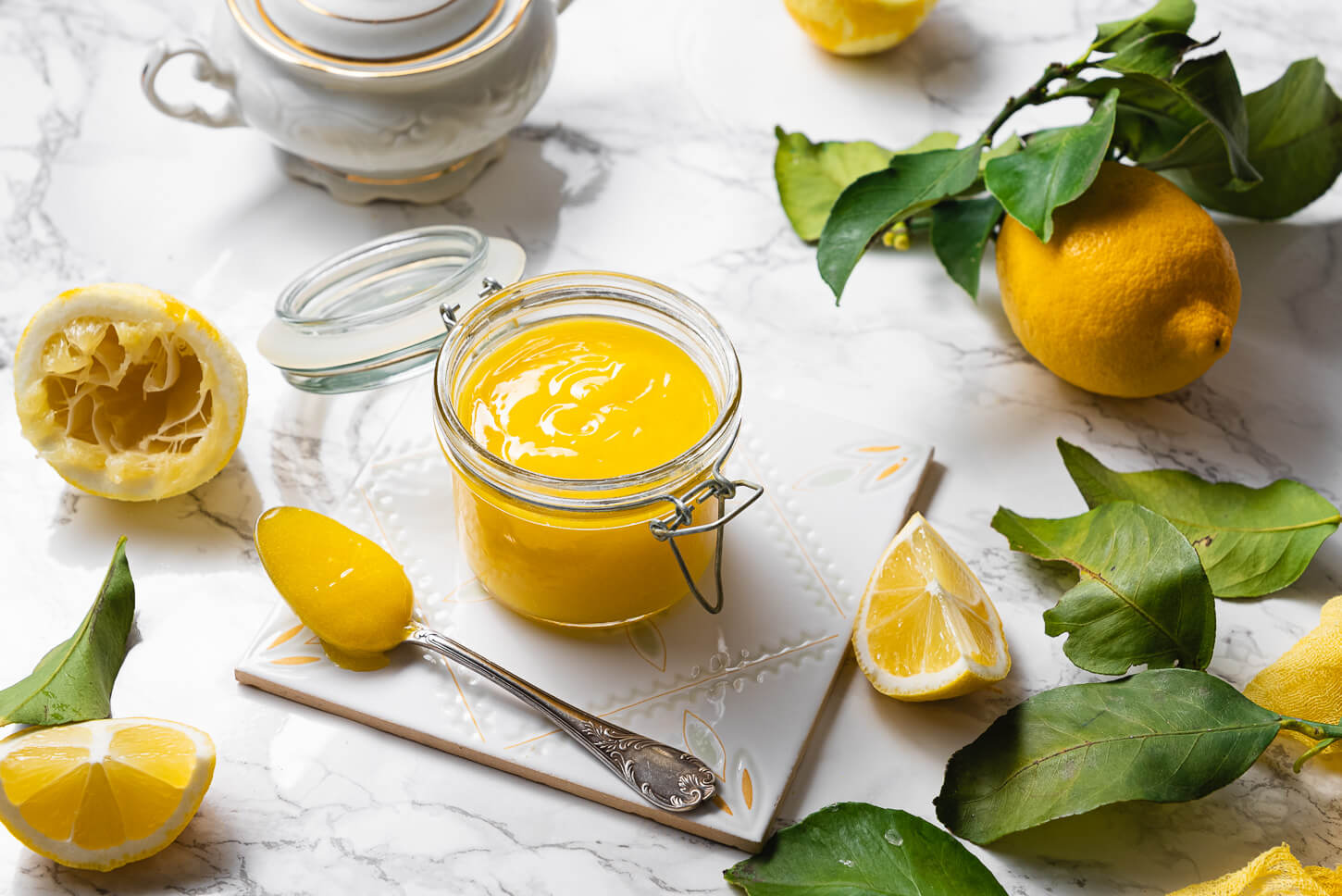
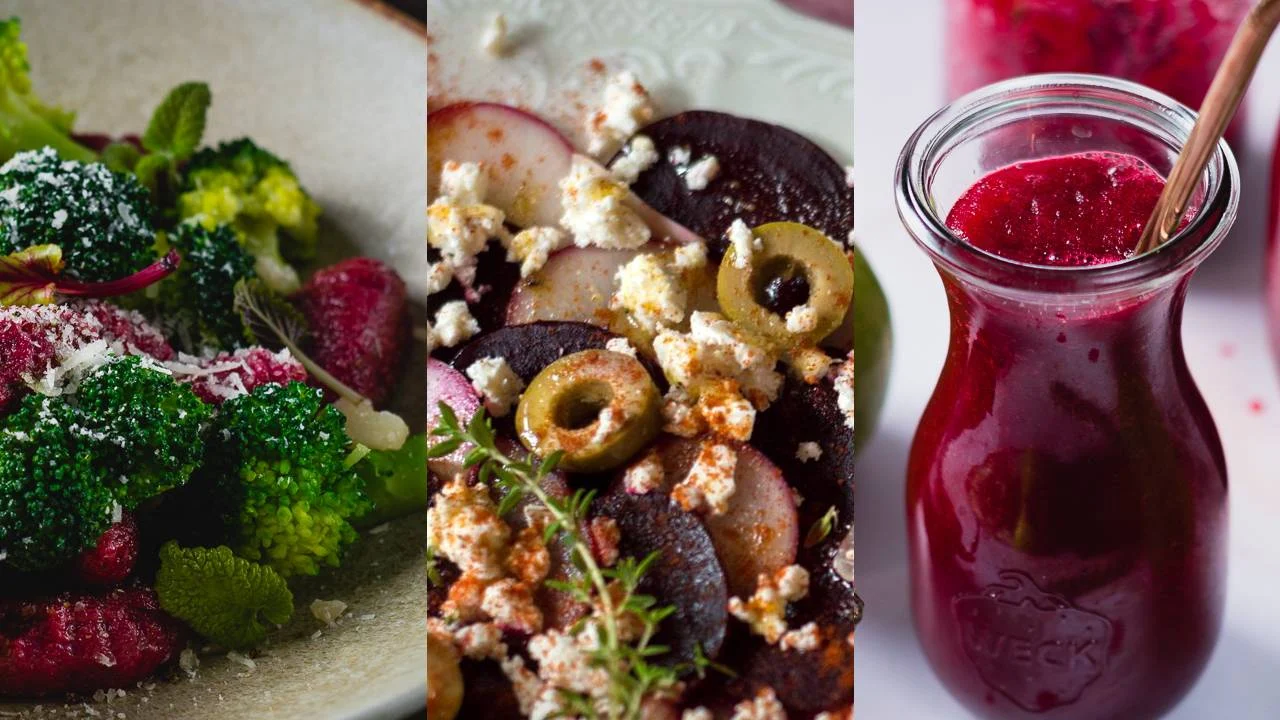
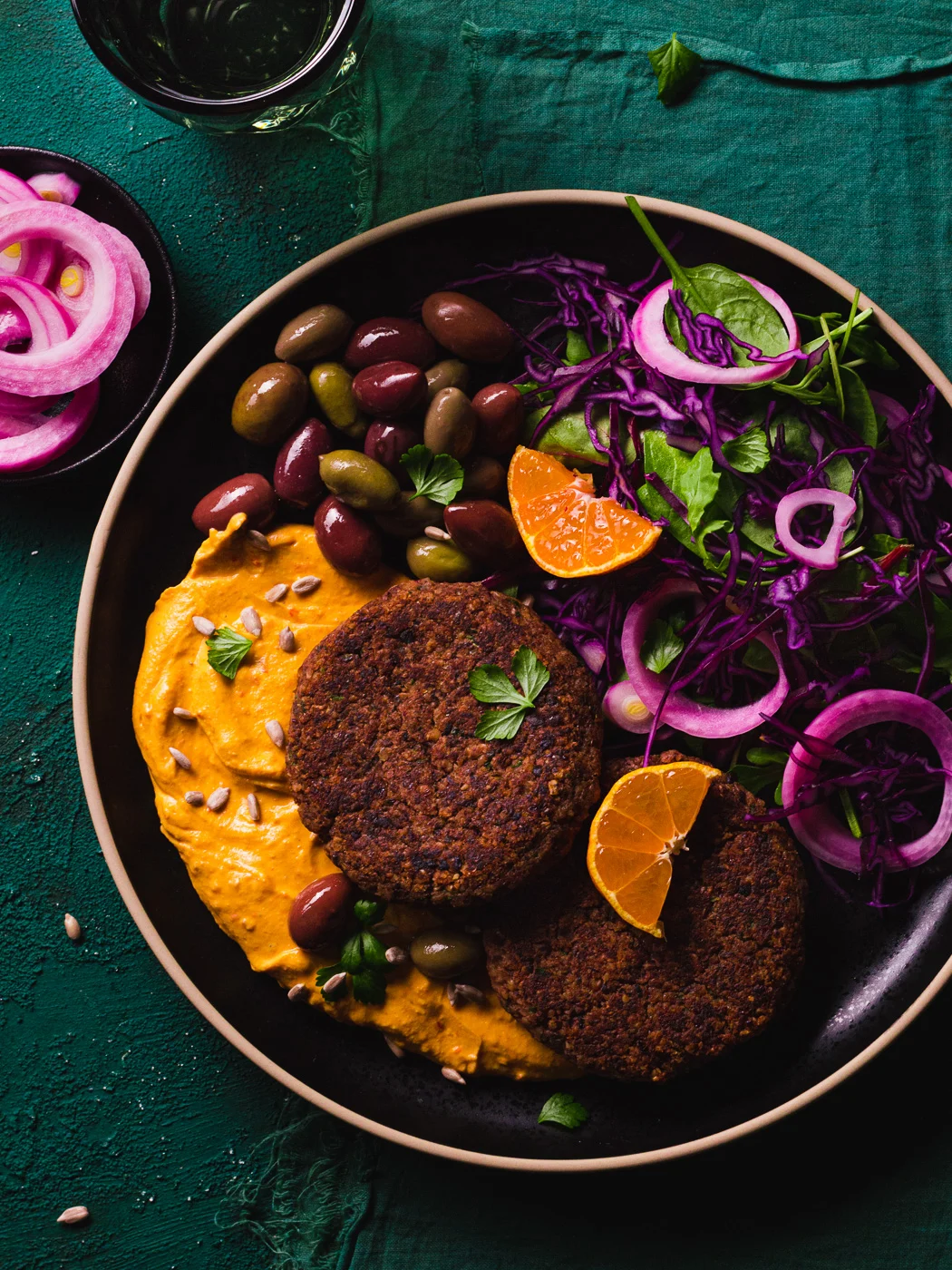

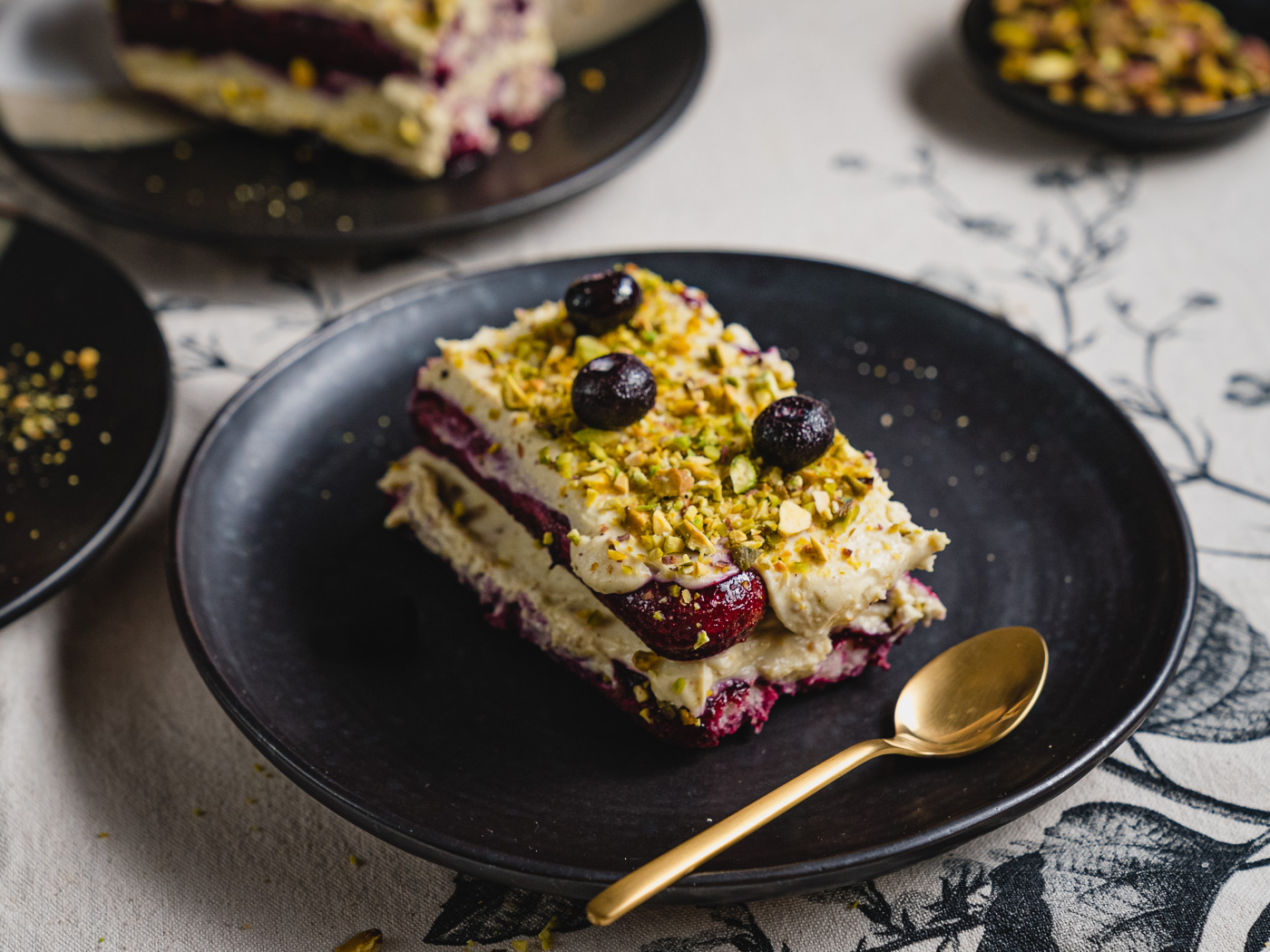

Leave a Reply